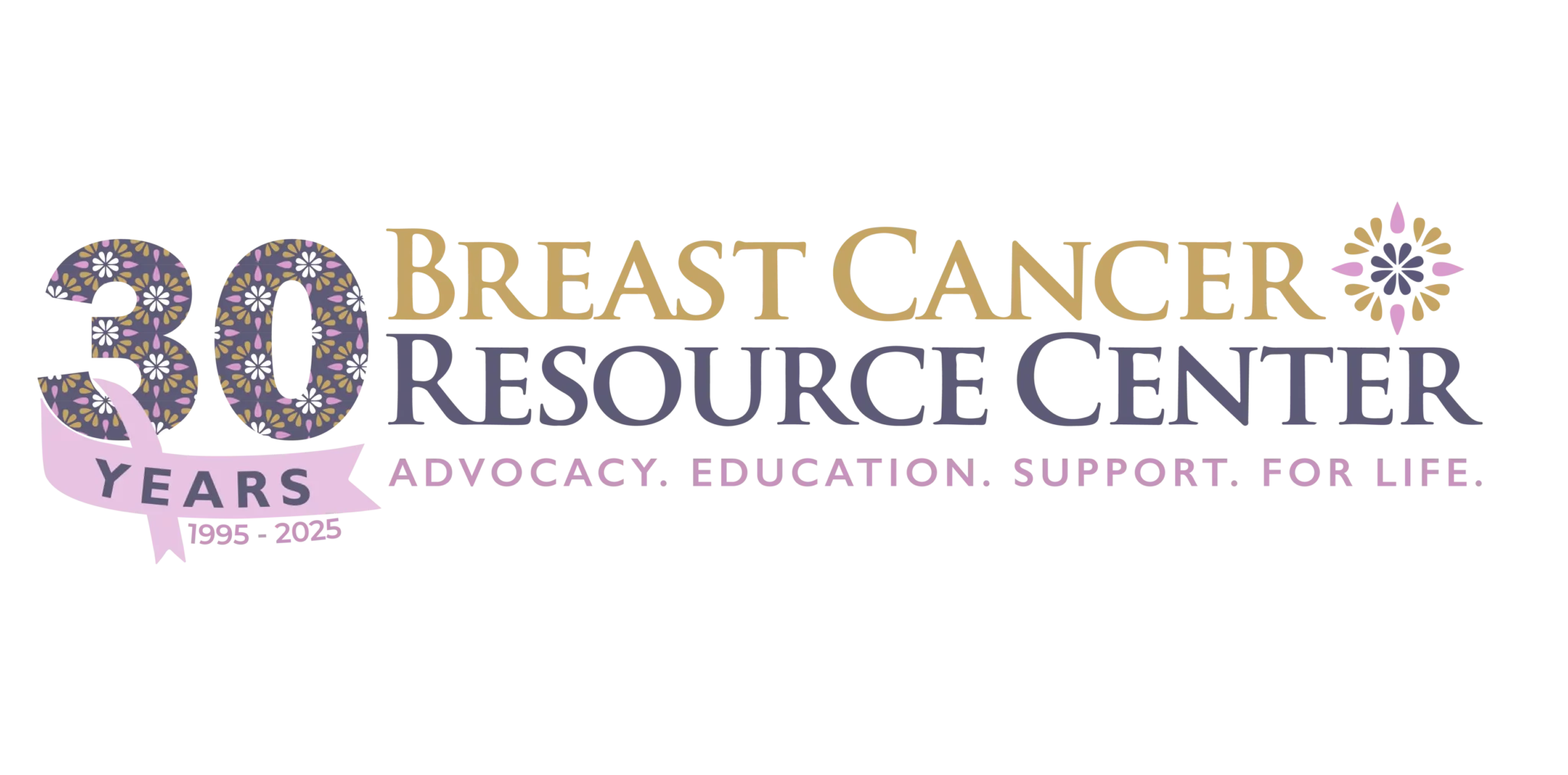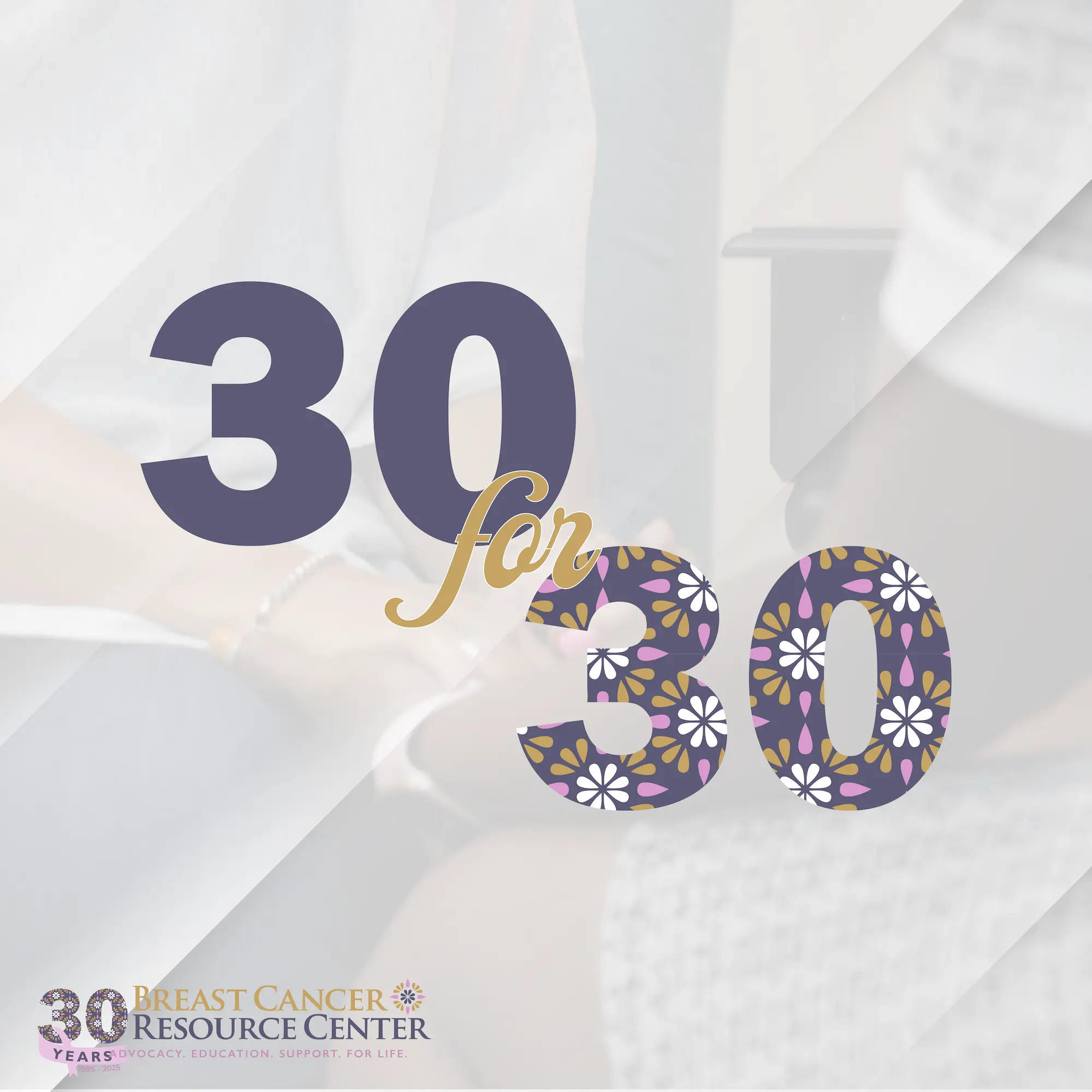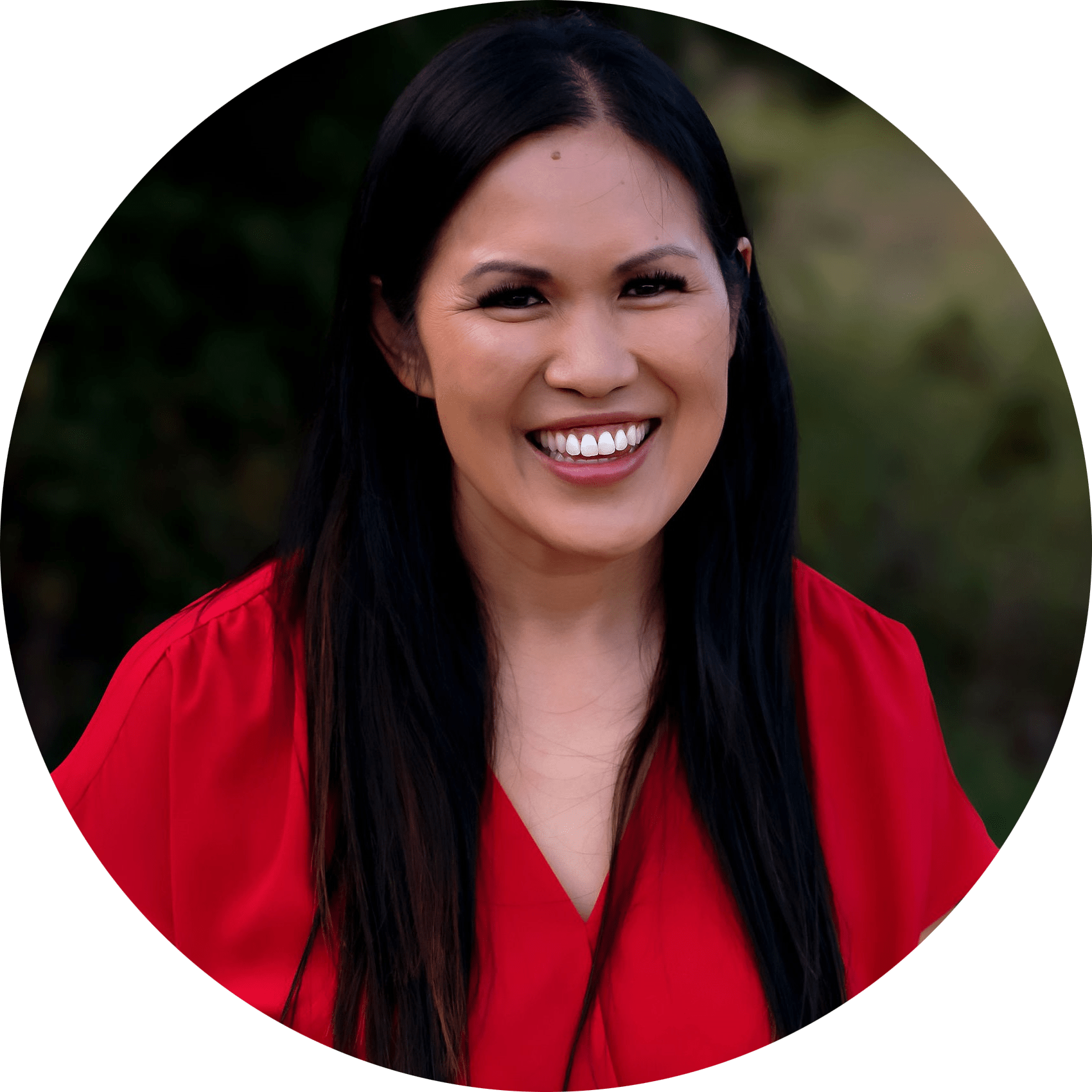When life throws difficult circumstances our way, most of us hope that the people we’re closest to will be a soft place to land. Whether it’s a partner or spouse, immediate family members, or close friends, these are the people who we expect to lean on in some capacity to help ease the burden. But what happens when your loved ones respond in ways that don’t help? Or worse, when they do or say things that actually make things harder?
As a therapist, I see this happen all the time. Clients I see often spend a big part of therapy dealing not only with the thing that turned their life upside down, but with their own family members whose reactions may leave them feeling sad, anxious, angry, or guilty. When loved ones don’t respond in helpful ways, it can leave you feeling more alone with your struggles.
If you’ve grappled with how to handle responses from one or more family members, know that you’re not alone. Having cancer can be overwhelming, scary, full of uncertainty, and full of disruption. And all of these things tend to trigger a range of emotions and coping responses, both for you and for the people you love. Many times well-intentioned people who love you either get stuck in their own triggered emotions, or they simply don’t realize that their efforts to help are not what you need.
5 Common Challenges
- Having to Take Care of Your Loved Ones’ Emotions
This can be especially common for women who are caretakers in nature and who tend to put the needs of others before their own. If you easily tune in to the distress of others in your family (maybe before you tune into your own), then you’re likely to be especially sensitive if loved ones display intense emotional reactions to your illness. If your mom cries every time you give her an update, or if your spouse is constantly falling apart and having a hard time functioning, all of it can make you feel like you have to take care of their needs and comfort instead of your own. Over time you might realize that you’re pushing yourself to be strong, overly positive, or hiding your true feelings. You might not feel like you can be honest and lean on them with your own fears, sadness, and stress.
- Loved Ones Trying to be Too Strong for You
The reverse can happen just as easily. Maybe your partner’s way of coping is to try to be the strong one and spring into a mode of taking care of you. This might be appreciated and helpful initially, until they show signs of reaching a breaking point. Maybe they’re not taking care of themself physically or emotionally, and they’re pushing to take care of too many things. Maybe they’re ignoring or bottling their own feelings for your sake, and you can see that it’s taking a toll. Now you’re not just worried about your own health and wellbeing, but you’re worried and concerned about theirs.
- Denial or Avoidance
If it’s hard for the people closest to you to sit with or face difficult emotions, then they’re unlikely to be able to hold space for you to sit with difficult emotions either. Maybe your close friend shifts the subject to lighter topics when you try to share some of your fears. Maybe your partner constantly pushes for you to just stay positive and look on the bright side of things. Or maybe your sister shuts down and gets quiet every time you share details about your treatment. All of these are examples of avoiding or denying the difficulty and complexity of the situation. It can leave you feeling like it’s not okay to talk about what you’re dealing with. Worse, it can even cause you to feel guilty or somehow flawed if you’re struggling inside.
- Loved Ones Trying to Tell You What to Do
When faced with life circumstances that feel out of control, some people cope by trying to regain control wherever they can. They may feel more in control if they can ‘fix the problem’ or have a solution. Unfortunately, this can mean that people who love you may constantly give you advice or respond to your attempts to share by immediately offering suggestions when you might not be looking for this. Constantly receiving advice might seem helpful on the surface, but it doesn’t allow you the space to just ‘be’ and to have an accepting shoulder to lean on. Sometimes, when loved ones default to advice-giving, it can feel like what you’re doing isn’t enough, or worse, that you’re being judged. It also disempowers you from making decisions that feel right for you.
- Having Unrealistic Expectations After Treatment
People close to you may underestimate or just not understand the toll that dealing with cancer can take on you both physically and mentally. Particularly if you’ve finished treatment, family members may assume that you will quickly be ‘back to normal’ and ready to put your experience behind you. But the reality can be much more complicated, and recovery is a different process for everyone.
Regardless of what your individual experience has looked like, going through cancer treatment creates immense upheaval for your body, mind, and spirit. Long after treatment you might experience lingering physical effects, changes in mood, changes in energy, increased anxiety, fears about the future, or even signs of post-traumatic stress. For many cancer survivors, it’s not until after treatment has ended that the weight of the experience finally hits them, and this may be when more emotions surface. If your family gives you the message that you ought to feel relieved and ready to move forward, then you might feel even more confused, alone, or self-critical if you feel differently.
5 Ways of Coping
- Have Self-Compassion Towards Your Own Needs and Feelings
Some of your loved ones may respond in ways that aren’t helpful, but you don’t have to join them in this. Although it can be easier said than done, extending yourself grace and understanding during difficult times goes a long way in helping with your overall ability to cope. Try to notice different feelings and reactions that you have with curiosity — not judgment — and acknowledge whatever it is that’s there. Are you tired? Scared? Angry? Anxious? Is there something that you need that might help you to feel better? If you can recognize and acknowledge your own needs with compassion, acceptance, and understanding, you’ll be more resilient when family members’ responses are unhelpful. You might still feel frustrated or hurt, but you’ll be less likely to get stuck in a deeper spiral of self-doubt and self-criticism.
- Prioritize Your Own Self-Care
If you have family members who aren’t meeting your needs or helping to ease stress, then it’s even more important that you do what you can to take care of yourself. When you’re dealing with cancer, your health and wellbeing needs to be a top priority, and that’s the bottom line. That means not only prioritizing your physical health, but your emotional health as well. What are the things that help you to feel more grounded, more balanced, more rested, or more fueled? Things that don’t necessarily require the participation of your family? Try to make space for those things as much as your life will allow. Maybe it’s a quiet walk by yourself to clear your head. Maybe it’s tending to your garden or baking your favorite muffins. Maybe it’s yoga, or swimming, or meditation, or journaling. Or maybe it’s blasting your favorite music and singing loudly. Sometimes, it’s simply getting enough sleep or taking a break. Chances are, you know what activities and habits make you feel stronger and better.
- Ask For What You Need (Clearly)
As much as we’d like the people we’re closest with to be mind readers, the truth is that they aren’t. When you’re dealing with something difficult in life, family members often have no idea that what they’re doing isn’t helpful unless you tell them clearly what you need. Wait until you are calm and not overly upset or angry. Try to focus on how you feel and what you’re requesting, rather than on attacking the other person. A good rule of thumb is to use statements that begin with “When you…” and end with “I feel…” and “I need”.
For example, “I know that you’re just trying to help, but when you give me advice, I feel like what I’m doing isn’t good enough and that it’s not okay for me to just be scared. What I need is for you to just listen.” Or, “I know that you’re just trying to help, but when you keep telling me to stay positive, I feel like I can’t share with you how I’m really feeling.”
If confronting people is hard for you, then think about writing your request down or sending it in a text message. And if it feels too hard to point out what isn’t helpful, then try starting out by requesting something that is helpful. “I have a lot on my mind today, and it would mean a lot if you could just sit with me and listen.” Or, “I feel really drained today, and I think what I really need is some quiet time after dinner.”
- Seek Additional Support for Yourself
If some of your loved ones are adding to your stress, look for support outside of this circle. Find people who can really understand and feel helpful to you during this time. You may find that other friends or contacts show up for you in ways that you didn’t expect. If that’s the case, embrace it, and keep talking or connecting with them. Connecting with other women who have or have had breast cancer can be incredibly powerful for validating the roller coaster of feelings you might have and reminding you that you’re not alone in your experience. Joining a support group can be a great way to be part of a community of other women who understand what you’re going through. Or consider seeking counseling for yourself so that you can have a supportive, accepting space to explore your feelings and reactions. Counseling can be an invaluable source of support while you’re going through cancer treatment, and also long after treatment.
- Encourage Loved Ones to Seek Their Own Support
It is equally important that close family members get their own support separate from you. They need their own space to unload stress and process feelings about your cancer, and you’re the wrong person for them to lean on for this. Your spouse might be just as scared or stressed as you are (or maybe more), but it won’t help if you have to absorb that. If family members are quick to deny needing any of their own support, then you can remind them that the more full their cup stays, the better they’ll be able to help and support you. And just like for you, this support can come from other family/friends and other networks, but counseling can be incredibly helpful. If you really want one of your loved ones to seek additional help, be gentle but firm in requesting that they do this.
 , LCSW
, LCSW
Teri Schroeder is a licensed clinical social worker, psychotherapist, and practice owner with close to 20 years of experience providing counseling and mental health services to adults and adolescents. She spent 10 years providing counseling services in non-profit organizations and schools before moving into private practice work. Her areas of specialization include adult and childhood trauma, PTSD, grief and loss, and helping clients through difficult life transitions. She is a certified practitioner and consultant for EMDR therapy (Eye Movement Desensitization and Reprocessing), an evidence-based treatment for PTSD and trauma recovery. Teri is currently the Co-Owner and Co-Director of Just Mind, a private counseling center in Austin, Texas that she runs together with her husband William, who is also a therapist. Together, Teri and William have grown Just Mind to become a large center with more than 30 therapists of diverse backgrounds and specialization areas.
If you or someone you know is facing breast cancer and could use our support, please visit our website or call our helpline at 512-524-2560.
Consider making a donation to BCRC and give the gift that makes a real difference for the women in Central Texas facing breast cancer right NOW. Visit bcrc.org to learn more about how we can help, or click here if you wish to give back today.













